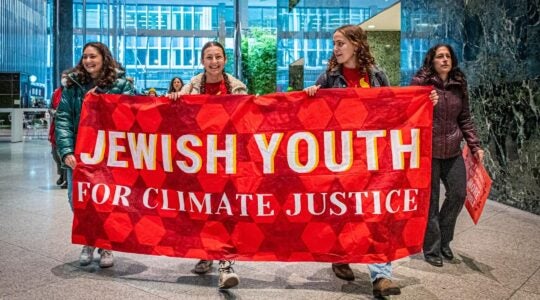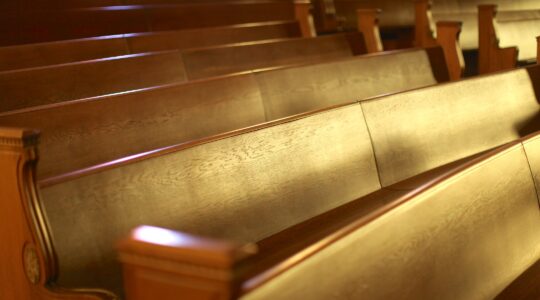“What if we cannot have a seder without genuinely different types of people at the table?” Rabbi Brad Hirschfield asks in his Passover essay on March 30, “Diversity At The Seder Table.” “Why is it important to bring four distinct and not altogether positive personalities to the center of our seder?”
The Haggadah provides the answer. The four sons, through their questions, invite us to bring our full selves to the table. If we probe a bit, we realize that they represent diversity on a profound and personal level.
We each of us are sometimes wise, sometimes wicked, sometimes simple and at times utterly unknowing. Quoting Rabbi Hirschfield, we must “welcome anyone as they are to our seder, not as we wish them to be.” There is no doubt this should be a universal truth reserved not only for the seder table.
But the Four Questions ask even more of us. They direct us to look within, acknowledge the totality of what it means to be human. It is only when each of us brings all of who we are, wise, wicked, simple and unknowing to the proverbial table, that we can full appreciate our own humanity and ultimately embrace and respect the humanity and diversity within others.
The challenge posed by the four sons in the Haggadah is a challenge that requires a reckoning with oneself, not only during Passover, but as the rabbi tells us, for days far beyond.
Jamaica, Queens
The New York Jewish Week brings you the stories behind the headlines, keeping you connected to Jewish life in New York. Help sustain the reporting you trust by donating today.




